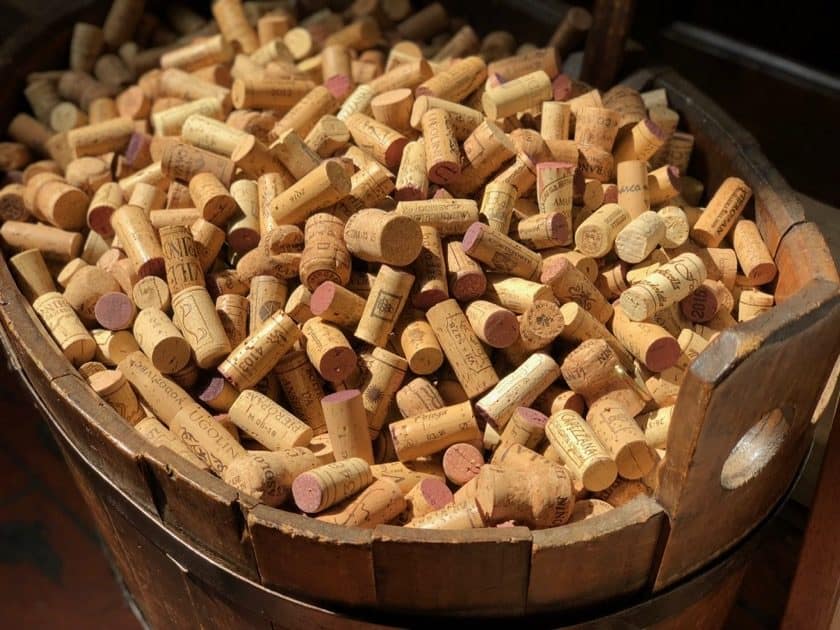 These are my memories about the Food and Wine Writing Workshop run by Demet Guzey and Dianne Jacob in April 2018. To paraphrase Ruth Reichl, “Everything here is true, but it may not be entirely factual.” I took copious notes during the classes and tours, but not during the writing sessions. (I was too busy writing.) I am sure I confused times and people, so I apologize in advance.
These are my memories about the Food and Wine Writing Workshop run by Demet Guzey and Dianne Jacob in April 2018. To paraphrase Ruth Reichl, “Everything here is true, but it may not be entirely factual.” I took copious notes during the classes and tours, but not during the writing sessions. (I was too busy writing.) I am sure I confused times and people, so I apologize in advance.
Write about our visit to Quintarelli winery. I’ll give you…30 minutes.
Demet starts the session with wine writing advice, then turns us loose on our notebooks. 30 minutes? That’s it? I’ve learned to shut off the Editor Voice and write, but I’m not sure 30 minutes will be enough for something I have to read in front of the whole group. Don’t worry, just go. Keep the pen moving on the page.
I write about grandpa Giuseppe Quintarelli and his quest for quality. Giuseppe moves his vineyards from the valley to the hillside, making the vines work harder. Hard-working vines produce less wine, but better wine. Quintarelli uses the appassimento technique, air-drying the grapes for a few weeks before crushing to concentrate the flavors. In time, Quintarelli Giuseppe becomes the standard bearer for Valpolicella wines.
I describe Giuseppe's soft-spoken grandson, Francesco, leading us on the winery tour. Francesco lines up the tasting glasses, pours a little wine into the first one, and then ever-so-carefully works down the line, pouring and swirling from glass to glass. This is avinamento, preparing the glass with wine instead of rinsing it with water.
When Demet says “five minutes,” I surface from the flow of writing. I thought I had plenty of time left! I go back and do a quick read-through, then cross out the first two paragraphs. As usual, I spent some time “clearing my throat,” as Dianne later calls it, and didn’t get to what I wanted to say until the third paragraph.
I try to use the writing advice Dianne gave us on the first morning. General is the enemy of good writing, so be specific. Limit adjectives. Verbs push people through a story. Use simile and metaphor. And, it’s OK to worry about all this in the revision. Get what you want to say down first, and edit it later to improve the writing.
We read our stories to the group - only if you want to - and I go first to break the ice. Now that I’m looking for it, I can see my writing style. Verbs drive my writing forward, and I share a lot of information. My sense of humor comes through. And, thanks to Dianne’s prompting, I work in a metaphor or two. (Or a simile? I’m not clear about the difference.)1
As the workshop goes on, and we do more writing exercises, the flow continues. I keep coming up with articles in 30 minutes. It hits me after a few days: I can write. I can get out of my own way and create the core of a story.
This shouldn’t surprise me, but it does. I’ve been writing this blog for ten years, and I have learned a few things. I see the improvement when I look at old posts. (Yikes.) But I feel stuck, and that feeling drove me to take this workshop. (I also go because the workshop is in Italy. Who wouldn’t go on a writing tour of Italy?)
Writing for the workshop, really paying attention to the words, I see that I missed the forest for the trees. I used to say “I’m not a good writer, I’m average. It's good enough for the blog,” That’s not true anymore. It hasn't been true for years. Gradually, sometimes imperceptibly, my writing got better and better.
What I learned is: I am a good writer. It took a workshop in Italy for me to realize it, but I’m not a hack, not a fake. I can write, and write well. Now, I can always improve my writing, and the workshop gave me tools to hone my craft. I need to practice with those tools, develop my skills. But I do have skills, and I’m a lot farther along than I was willing to admit.
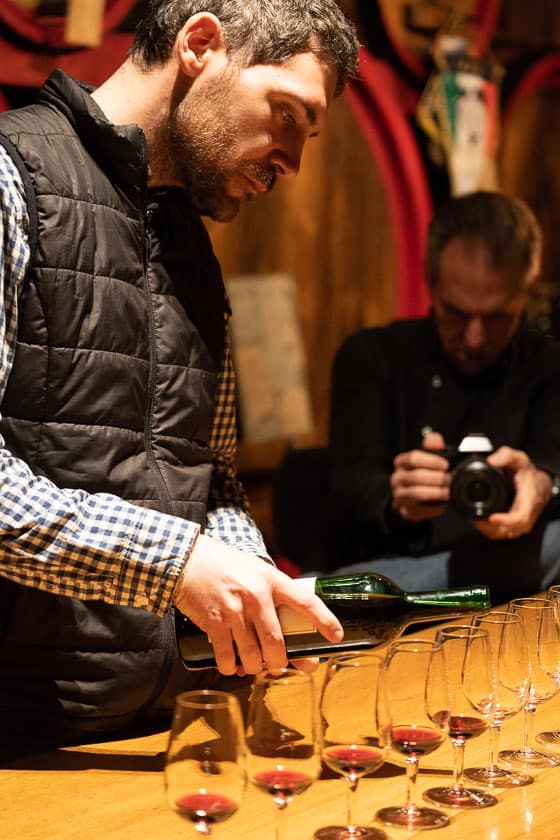
Should you be writing a cookbook?
My one-on-one consultation with Dianne is not what I expect. Dianne doesn’t pull punches; she’s an editor and calls it as she sees it. I assume it will be a kick in the pants and a pat on the back, tough love about focus and pushing through procrastination. Maybe criticism of my writing and what needs to change for it to improve.
We start with my goals for the workshop, which I admit are kind of vague. I want to kick-start my cookbook, revive my stagnant writing. Dianne listens to me ramble. Eventually, I wind down and wait for “constructive feedback” (as they call it in management training classes at my day job.)
You sound burned out. Are you sure you should be writing a cookbook now, on top of everything else? When are you supposed to fit it in? You have a day job and a family. You write your blog and make videos.
And, there it is, staring me in the face. I powered through my rotisserie cookbooks by getting up an hour early and writing, month after month, squeezing in recipe testing and photo sessions on the weekends. (The family was sick of rotisserie chicken for a while.)
I tried the same process for my new cookbook. For a few years now, on and off, I have set my alarm for 5AM…and then went back to sleep. I can not get myself up that early anymore. It just isn’t working.
Also, I’m doing more for the blog now, especially video. I enjoy making videos, but they are a lot of work. Shooting and editing always take longer than I think, leaving me behind schedule. It makes me feel like I’m slacking. If I just worked harder, spent less time relaxing, I’d be able to do everything.
I think the book can wait. Do you have to do it now? Or can you put it off?
Also, the book is giving me imposter syndrome. "Who am I to be writing a book? I have to test new recipes and re-test old ones. If it’s going in a book, it has to be perfect. I can’t trust anything I’ve done."
Guess what? I’m not perfect. I’m human, and I’m stretched thin. Dianne’s right. Can I fit the book in without making myself crazy? No, I can’t.
Now, I’m stubborn and push back…some. I won’t let myself give up on the book entirely. But, after talking it through, I pull back on my expectations. Instead of a wholly separate set of research and recipes, testing and pictures, I can integrate the research into a series of blog posts. Also, I can spread the work out, and forgive myself if I’m not working on the book all the time. And, I’ll take a step back to keep perspective: I am doing a lot already. I need to give myself credit for all the work that I am doing.
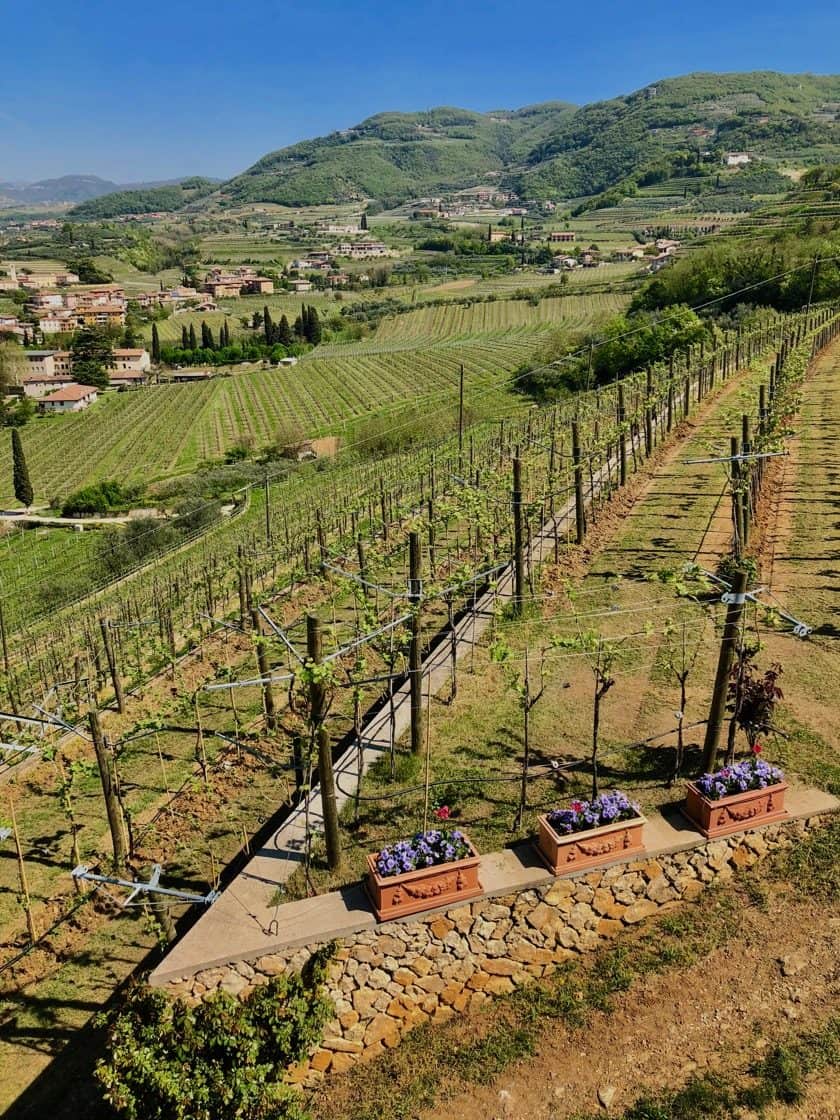
Everyone has a voice
It was a dream that I had. At age 37, I decided to open a restaurant. I didn’t know how to cook, had never worked in a restaurant. But I wanted to uncover the recipes of my childhood.
Ada Riolfi, owner, Enoteca Della Valpolicella
Starting a restaurant at 37, with no experience? There’s the inspiration for today’s writing session. I write about Ada, creating a restaurant out of dreams and memories. About Angela, working at the restaurant for 21 years, kneading dough with the forearms of a boxer and shaping tortelli with the fingers of a close-up magician. I write about David, 24 years old, working alongside Angela. They both show us how to fold tortelli, Angela teasing David about how she’s been doing this since he was a toddler. They twirl their fingers, and tortelli appear; we ask them to do it again, slowly. I talk about their patience, walking us through the steps, demonstrating where to put our fingers, helping us get a feel for shaping pasta.
When the time comes, I volunteer to read first. I like what I wrote. My story weaves together the history of the restaurant, the funny quotes I overheard, the frustration of my fingers not being as agile as Angela and David’s. I use verbs, keep adjectives to a minimum, and have a couple of nice metaphors. (Or are they similes?) My story could use an ending, and I want to keep writing, to find out where it goes. But I feel proud of what I put together in a short 30-minute burst of writing. So, who’s next?
Lisa volunteers to read next. “It was a dream I had. At age 37, I decided to open a restaurant…”
Oh, no. No, no, no. ”She’s going to tell the same story, and do it better.” whispers the small, scared voice in the shadows of my hindbrain.
And then a funny thing happens. Lisa tells her story, inspired by the same idea: at age 37, it’s not too late to follow your dreams. But…it’s not my story. Lisa’s story is full of intricate descriptions, her eye for design and her self-deprecating sense of humor shine through. I can’t compare the stories. Mine is not better, hers is not worse, because they are entirely different.
This is when the cliche of a writer “finding their voice” sinks in. My voice and Lisa’s voice contrast each other. They’re built on our strengths, experiences, and perspectives. We couldn’t write the same story if we tried.
Then Lori shares her story. When we visited the restaurant kitchen, there was a big pot of Pasta e Fagioli on the stove…and Lori got lost in memories. Her dad’s nickname for her and her sister was “Pasta e Fagioli.” He used it an all-purpose phrase, packing it with meaning by changing its rhythm. Her story is about love and family, and it is so personal that she asks Pauline to read it for her.
Another voice, another perspective.
Later in the workshop, Cathy shares a story, also about memory and the relationship between parents and children. Cathy turns a writing prompt about candy into memories of trick-or-treating as an expatriate American raising children in France. Those kids are now in their 20’s, young adults, facing their own struggles in the world. Cathy’s story is about memories layering over today, about being a parent with adult children.
Both Lori and Cathy tell stories about the love between parents and children. But they are individual stories. They have their voices, different from Lisa’s, different from mine.
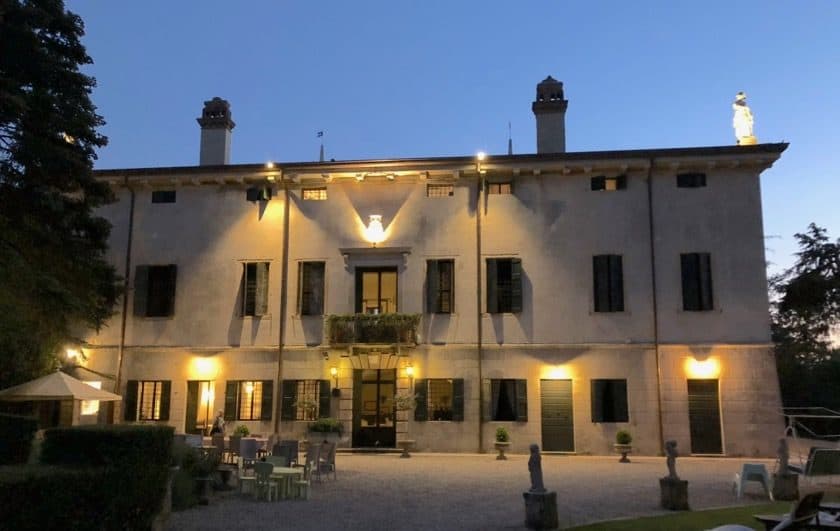
Food people are the best people
“We’re at dinner, and I’m having the horse.”
“…Is that a euphemism?”
Text exchange between Jillian and her husband after she ordered Filetto di Cavallo, a Verona specialty. (Which she kindly shared, so now I can say I’ve tried it).
Thank you to everyone at the Food Writing workshop. It was a great group, just the right number of people, and just the right people. It left me feeling energized and ready to face the world again. (Unfortunately, the world was lying in wait and jumped me as soon as I got back, so I’m only getting around to writing this now.)
Thank you to :
- Cathy for the stories about being an American expatriate in France and Japan, and for convincing me to join her on the Campanile St. Marco bell tower tour in Venice
- Jillian for the stories about working as a personal chef, and for somehow fitting us in during her finals
- Julie for the in-depth knowledge of Italy, and for actually reading the workshop booklet ahead of time
- Lisa for the stories about producing her video series, and the encouragement to keep at what I’m doing
- Lori for the Social Media crash course. “This is how you make an Instagram story. Swipe right…”
- Pauline for the stories about Dublin, and for asking “how many times do you have to say Ciao” before hanging up?”
Thank you to Andrea, our driver (and the origin of Pauline’s “how many Ciaos?” theory).
Thank you to Owen, Dianne’s husband and general fixer on the tour. I enjoyed the tech talk. (He’s an Android guy, I’m an iPhone guy, but we got along fine.)
And, of course, thank you to Demet Guzey and Dianne Jacob for the writing workshop. It was fantastic, and it has inspired changes in my writing and my work.
Mike Vrobel
May 2018
Links
Demet Guzey [DemetGuzey.com]
Dianne Jacob [DianneJ.com]
Jillian Fae - Personal Chef [JillianFae.com]
Lisa Marie Todd - An Appetizing Life [AnAppetizingLife.com]
Lori DeFinis - [Music2MyMouth.com]
What do you think?
Questions? Other ideas? Leave them in the comments section below.
Related Posts
Road Trip: Seasons of My Heart Cooking School in Oaxaca
Road Trip: A Week In Provence
Road Trip: Everything Food Conference 2016
Enjoyed this post? Want to help out DadCooksDinner? Subscribe to DadCooksDinner via email and share this post with your friends. Want to contribute directly? Donate to my Tip Jar, or buy something from Amazon.com through the links on this site. Thank you.
- Both similes and metaphors compare things to other things, but similes use the word “like.” In other words: Similes are like a metaphor. (Yes, I stole that.) ↩

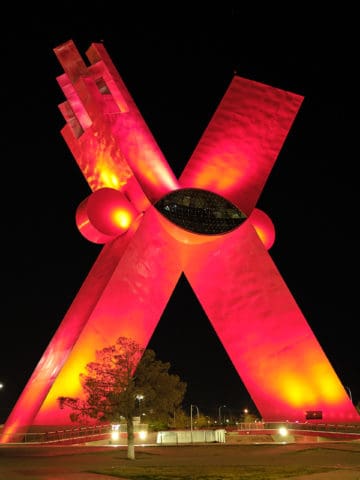
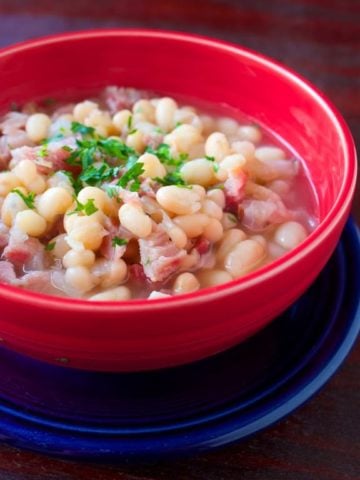
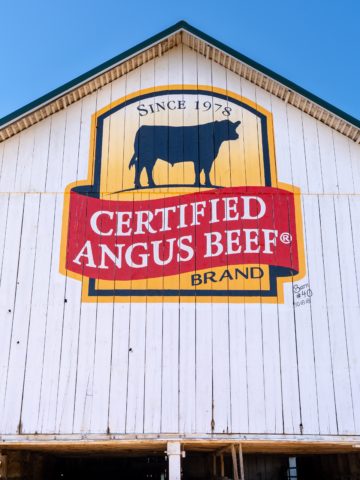
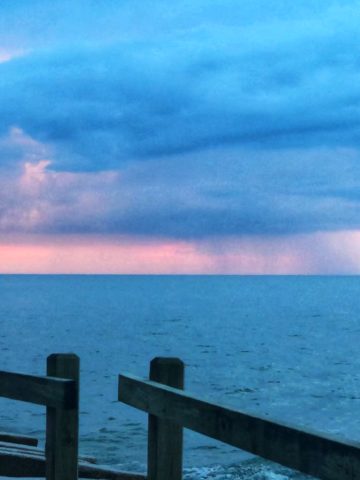
Mike Lang
Mike, I thoroughly enjoyed your story and as to your writing, you are great! Your passion and enthusiasm are a steadfast motivator. Please keep it all up, no matter how much the real world tries to beat us down!
Cheers!
Mike Vrobel
Thank you, Mike! I appreciate it, especially coming from you.
Bill Fleet
>> What I learned is: I am a good writer.
Oh yes, you are, sir.
Your videos are wonderful as well, but I'd rather have your next cookbook. Just saying.
Robyn Nowell
HI Mike,
What a great story. I've been living vicariously through Catherine as I was originally attending too. But the distance from Australia and work commitments came first.
Your writing is brilliant, I'm looking forward to following your blog and being on the next course!
P.S Please don't judge my site I'm not technically minded and decided to upgrade and change providers which is a headache - it's time to pay someone I think.
Mike Vrobel
Thanks! And, no judgments here - you should have seen my site when I first started. (I was telling Catherine this on the trip - start publishing posts on the blog now, and worry about the way the site looks later. The content is more important than the wrapper, especially at first.)
Mike Vrobel
Owen, you're right, I worded that poorly. I changed it from Android vs Apple to Android vs iPhone. Thanks for the reminder.
Owen Rubin
Great piece Mike. Yes, you do write well! And it was a pleasure to get to know you too. And to be clear, I worked at Apple, I use a Mac, and I use an iPad. But when it comes to phones, then I am an Android user! 🙂
Karen tripson
Mike,
That’s a great story of self discovery. If you had asked me, I would have told you you’ve been writing clearly as long as I’ve been reading your blog and buying your books. How exciting to have acquired ideas for improving. That’s always the goal isn’t it. Worth every penny is how to categorize this trip.
Mike Vrobel
Thank you, Karen. You're right, it was worth every penny.
Razzy 7
So glad to read about your time in Italy. I'd love to hear more about the food you ate while there.
Mike Vrobel
Thanks! I'll have more to say about the food - stay tuned.
Dianne Jacob
Dear Mike,
Catherine and I were talking today and I happened to pull up your blog. And I found this story!
I know I am going to read it several times: to relive what a wonderful time we had; to remember specific details; but most of all, because you are a good storyteller and writer. Throughout the workshop you took copious notes, observed deeply, and as a result you can recount what happened with the just the right amount of specificity, scene-setting, and self-disclosure. Bravo!
I admit I got nervous when you got to our consult, but I'm glad it went well. It seems you are still on the path to the next cookbook, but in a more realistic way where you will challenge yourself but not burn out.
Thank you for showing us how to be a hardworking and successful writer.
Mike Vrobel
Thank you, Dianne. I'm glad you enjoyed the story. Your workshop was fantastic, and my only regret was it had to end.